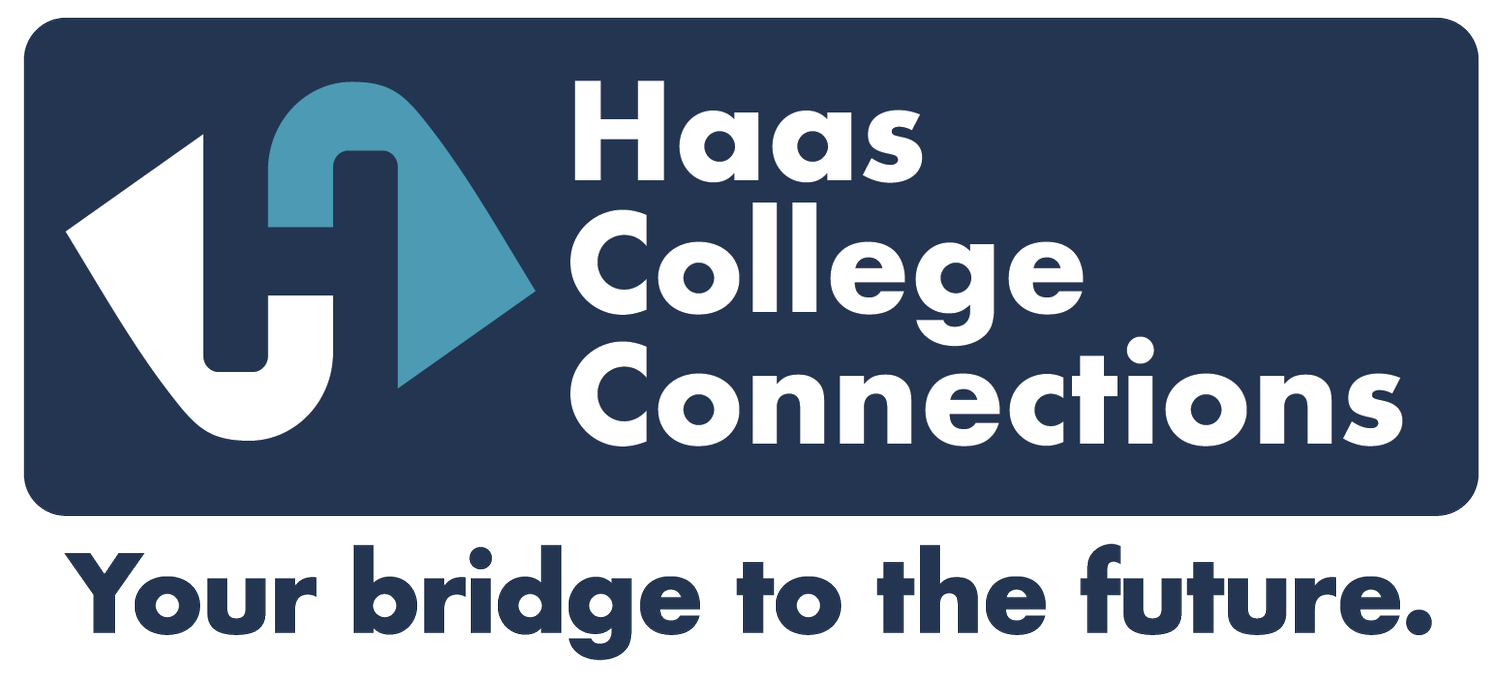Junior Year Game Plan
Whether or not you have begun your college search, I am sorry to break the news but summer break is officially over. While you might be tempted to hit the beach after school, and who isn’t considering where we live, now is the time to get organized and kick start your college search. The bottom line is that junior year of high school can be stressful between staying on top of homework, extracurricular activities, part time jobs, and keeping up with your friends. Your best bet to reduce that stress is to be proactive because, most likely, your life isn’t going to slow down. It helps to have a plan when navigating unfamiliar territory such as figuring out where to go to college. So here we go.
First and foremost, school must be your priority. Your academic performance junior year will have a huge impact on where you get accepted. With over 80 percent of institutions being “test optional” or “test blind”, succeeding in your coursework holds matters now more than ever. Take advantage of the most rigorous courses you can handle. Choose carefully when enrolling in honors or AP courses. Consider whether or not that class supports your future academic goals. If you’re not sure what path you want to follow, take an aptitude or career assessment such as YouScience to learn more about your interests and strengths. It is important that your course load reflects the potential major or program you plan to pursue. If you plan to study anything STEM related, honors or AP math and science are a must. Likewise, for a Liberal Arts course of study, succeeding in honors or AP English makes you a more attractive candidate.
Ask for help when you need it. Now is the time to begin thinking about which teachers you will want to ask for the letters of recommendation that you will need when filling out college applications. Get to know your teachers. Make sure to build your relationship with your school counselor. By revealing your positive attributes to your counselor, you will make it much easier for that person to write a stellar recommendation. Counselor and teacher recommendations are an important element of your future applications.
Decide whether or not you will take the ACT and/or the SAT. They are very different beasts and you will probably discover that you score better on one of them. Once you’ve made that decision, make a test plan, study regularly, and register for exams on time. There are many free resources available online. Of course, there are also study guides available for purchase. If you choose to use a tutor, make sure that person or company has a good track record. Scoring well on standardized tests can provide colleges with one more piece of evidence to admit you. Be sure to take the PSAT in October as strong test scores may qualify you for the National Merit Scholarship as well as programs and recruitment for Black, Latinx, Indigenous, rural, first-generation and low income students.
College applications can be stressful, which is why you do not want to leave all the work for senior year! Your job senior year should be to do really, really well in your classes. Ideally, college bound seniors have dedicated part of their summer to their applications. One way to begin your college search is by attending a local college fair and signing up for admission rep presentations at your high school. Take advantage of college guide books in your counseling office, then do more research on your own by exploring college websites. Next, create a preliminary list of colleges to visit, either in person or virtually using the results of your research. If possible, make a plan with your family to reserve some time to visit colleges throughout your junior year. Many colleges offer virtual tours through their websites.
Are you a wrestler, water polo player, the star quarterback? If so, double check that your classes meet the NCAA Clearinghouse requirements. Take the time to complete online athletic recruitment forms for each college you are considering. You will typically find these forms by clicking on the “athletics” link on a college’s website. You will also want to create an athletic profile and recruitment videos when applicable.
Perhaps you are a musician, thespian or visual artist. If that’s you, sign up for Performing and Visual Arts College Fairs. Most likely, you will need to create a portfolio and audition materials, so spend junior year creating pieces you are proud to showcase.
Extracurricular activities are an integral part of your application. Rather than joining ten new clubs, participate in activities that truly interest you and utilize your natural talents. Don’t be afraid to try something new. Take advantage of lists of volunteer opportunities provided by your school’s counseling office. Perhaps there is an adult in the community who would allow you to job shadow. Your activities provide college admissions officers with another opportunity to get to know you. That said, it’s never too early to start brainstorming ideas for college essays. The experiences you have in your extracurricular activities often provide the perfect subject matter for a great story that reveals your personality and best qualities.
Robin Haas is an Independent Educational Consultant and the founder of Haas College Connections. She is a member of the Independent Educational Consultants Association (IECA) , the Higher Education Consultants Association (HECA), the Western Association of College Admissions Counselors (WACAC) and earned a Certificate in College Admissions Counseling, with Distinction, from UCLA.
